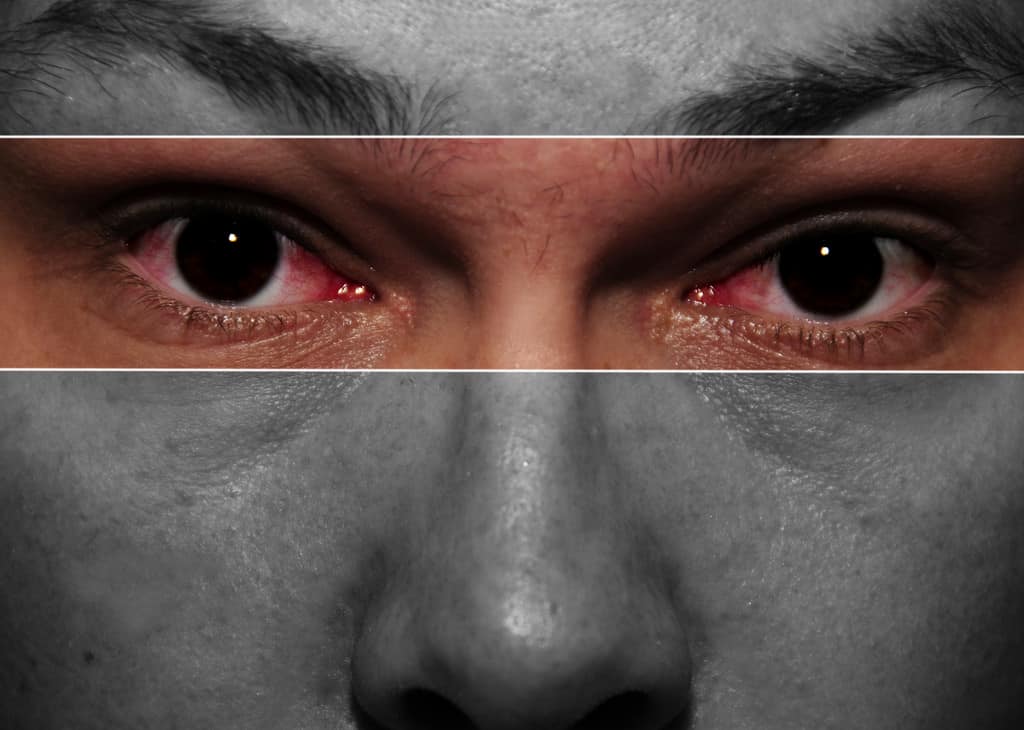According to numbers published by The Atlantic, 40 percent of workers in the US are subjected to drug tests as part of the hiring process. Or to put it another way, 9.1 million cups were peed in. And of those 9.1 million cups, 350,000 showed traces of marijuana, painkillers, or amphetamines. If you have a drug test on the horizon, here are some answers to some FAQs on drug testing in the workplace.
Q: Is it legal for my employer or future employer to ask me to take a drug test?
The issue regarding drug testing has made it to the supreme court on numerous occasions and is a hot button issue among civil liberty groups. Those against drug testing claim it is a violation of privacy rights. And that it goes against protections in the Fourth Amendment for “unreasonable searches and seizures.” However, depending on the industry state you are in, your employer is likely within legal bounds to mandate a drug test. Some restrictions exist on who can be required to take a drug test, along with what actions are permissible after a drug test is taken. But those are the exceptions rather than the rule.
Q: Why is my employer requesting that I take a drug test?
Drug abuse or alcohol abuse can lead to impairment on the job, which leads to low productivity. If the company provides a health care package or some form of insurance, then drug abuse could mean growing health care costs for the company. Other reasons include providing a safe work environment for other employees. Protection of customers and those the company is servicing. And, of course, to comply with federal regulations and state laws.
Q: How accurate is drug testing? What if I’ve not taken anything, but the test says I have?
The most common method used by companies and employers is that of urine testing. Federal agencies that conduct drug tests must follow a standardized drug test established by SAMHSA. (The Substance Abuse and Mental Health Services Administration, part of the U.S. Department of Health and Human Services.) Court decisions have supported SAMHSA guidelines. As a result, many non-federal companies also use them as their drug testing guidelines.
SAMHSA has a procedure that is meant to ensure the accuracy of urine tests. This procedure includes a chain of custody form that documents when the sample was collected, the collection site, etc.
After a sample is collected, an initial screen of the sample is taken. If it comes back positive, it is tested again against the possibility of a false positive. Despite these precautions, there are cases when drug tests fail to provide accurate conclusions. Some over the counter drugs are known to provide a false positive when taking a urine test.
Q: When can I expect to be tested for drugs?
This depends on internal regulations within the company where you are seeking employment. However, common drug testing times include the following:
- During the interview process. Prior to hiring you, the company in question may have guidelines that require future employees to pass drug tests. If you know an interview is coming up, play it safe. Here is a nice chart that shows you how long it takes to lose all traces of drugs in your system.
- After an accident. If you have caused an accident at the workplace that involves damage to company property, to yourself, or to anyone else, drug testing may be enforced. This is to determine whether drugs or alcohol caused the accident.
- Reasonable suspicion. If your employer cites probable cause or suspects you of drug use. This testing is generally done at the discretion of management, so it can be somewhat arbitrary at times. Read the employee handbook for clues as to the expected comportment of employees.
- Periodic testing. Some companies regulate drug testing periodically, as part of their health or wellness checks. These tests are often given yearly, or every six months.

